University fees in the UK aren’t cheap, and many students find they need financial help in order to attend university and pay for their studies.
This is where student loans come in.
What exactly is a student loan?
A student loan involves borrowing money (from Student Finance England) to go to university. Student loans come in two parts, a tuition fee loan to cover the cost of your course, and a maintenance loan to help you live day-to-day.
How does a student loan work?
Student loans are a bit different from other loans. You borrow from the government, and are covered by some protections that you might not get when getting a loan from a bank or other financial institution.
What are the different types of student loans?
- Student Loan Plan 1 (SLP1) introduced from 6 April 2000.
- Student Loan Plan 2 (SLP2) introduced from 6 April 2016.
- Student Loan Plan 4 (SLP4) introduced from 6 April 2021.
- Student Loan Plan 5 (SLP5) introduced from 1 August 2023
- Postgraduate Loan (PGL) introduced from 6 April 2019.
The main difference between them is the amount of interest you have to pay back and the amount of time before the loan gets written off. As university fees have increased over the years and the cost of living has increased, the amounts people have borrowed will likely also be different. Where you go to university will also affect the amount you borrow as it’s more expensive to live in a big city than a small town or more rural setting.
When do I pay?
With a student loan, you only start paying back the loan from the April after you leave your course. And you’ll only start making payments if you earn more than the minimum repayment threshold.
The minimum repayment threshold is different for each plan type. (£24,990 for Plan 1, £27,295 for Plan 2, £31,395 for Plan 4, £25,000 for Plan 5, and £21,000 for Postgraduate Loans). So if you earn less than the minimum repayment threshold, you won’t have to make any payments at all. If you earn over the minimum repayment threshold for your plan, then you’ll make monthly payments to your lender. And if you lose your job or your income drops below the minimum repayment threshold at any time during your career, you can pause your repayments.
If you haven’t paid off the full amount of your student loan after 25 to 40 years, or when you turn 65 (this depends on the type of loan you have, which is based on when you started university), it will be written off – no matter how much you still owe.
Your student loan will also be cancelled in the event of your death or being unfit to work. It doesn’t get passed on to someone else.
Because of this, some people like to think of a student loan as a tax rather than a true loan.
How do I pay?
The repayments will automatically come out of your post-tax salary if you’re an employee on payroll. If you receive a bonus, student loan payments will also be taken out of it.
This reduces the amount of your take-home pay, so you’ll need to factor that into your budget and saving and investing goals.
Should I pay off my student loan early?
Some people pay off their student loans in full. If this is you, then you won’t have to make any more repayments. Once this happens, you’ll be able to take home your full pay after taxes and other deductions.
Some people wonder whether it’s worth overpaying their student loans and paying them off early. This will depend on the type of loan you have and the interest rate you’re on.
But generally speaking, it may be better to keep paying off the minimum amount each month and put any additional money aside in a high-interest savings account to build up an emergency fund or even invest in a stocks and shares ISA instead. This is because savings interest can be higher than your student loan interest. You might also find that you need that money for something much more important in the future, rather than using it to overpay a loan that will be forgiven after some time anyway.
There are lots of great student loan calculators online that you can use to check your take home pay after student loan repayments and help make these decisions.
Try:
The Salary Calculator – https://www.thesalarycalculator.co.uk/
Money Saving Expert – https://www.moneysavingexpert.com/students/student-finance-calculator/
Our top student loan tips
1. Increase your pension contribution by salary sacrifice. Doing this reduces your salary before tax, so your student loan repayments will be lower. Genius!
2. Pay off any high-interest debt, like credit card debt, before thinking about overpaying your student loan. This is because repayment interest is so much higher on credit cards than student loans. And unlike student loans, these loans don’t get written off, making it really important to get them under control.
3. Your student loan doesn’t impact your credit score, but reduced take-home pay could be a factor if you are applying for a mortgage and may limit how much you can borrow one day.
4. If you get a windfall of extra money, don’t just put it towards your student loan. Think carefully about where it will get you the most returns and benefit ‘future you’ best.
You can always speak to our money experts about different scenarios and they can help you figure out what will work best for you and your situation.

